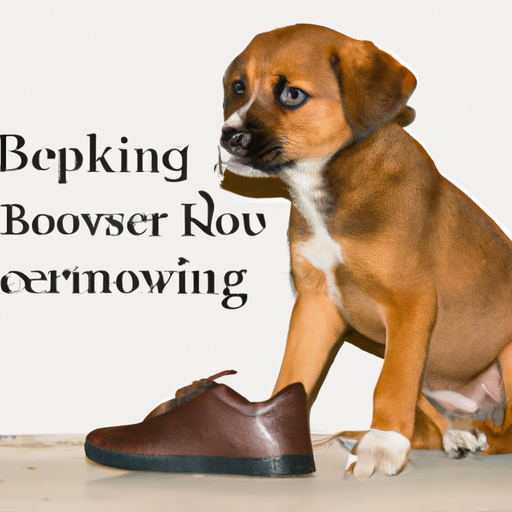Raising a new puppy is an exciting and rewarding experience. However, it also comes with challenges. This guide aims to give you the knowledge you need to discipline your puppy correctly.
Understanding Why Discipline is Necessary
Discipline is a critical component of puppy training. As a caregiver, your role is to create a safe environment and teach your puppy how to behave properly.
- Safe Environment: Puppies are curious by nature. They explore their world by chewing and biting. By disciplining them, you prevent them from harming themselves.
- Proper Behavior: Every home has rules. Your puppy needs to understand these rules to coexist peacefully with everyone in the household.
Knowing the Difference Between Punishment and Discipline
It’s important to distinguish between punishment and discipline.
| Punishment | Discipline | |
|---|---|---|
| Goal | To inflict a penalty for an offense. | To teach and guide. |
| Effect on Puppy | Can lead to fear and anxiety. | Leads to learning and understanding. |
As caregivers, we should strive for discipline, not punishment.
Timing is Crucial
Puppies have short attention spans. If you’re going to discipline your puppy, do it immediately after the unwanted behavior. This helps your puppy associate the discipline with their action.
Techniques for Disciplining a Puppy
Here are some effective techniques:
- Redirection: When your puppy is doing something unwanted, redirect their attention to something else.
- Time-outs: If your puppy is overly excited or aggressive, a time-out can help them calm down.
- Voice Control: Use a firm, but not angry, voice to communicate displeasure.
Positive Reinforcement is Key
Positive reinforcement is rewarding your puppy when they behave correctly. This can be done through:
- Treats: Give your puppy a small treat when they follow commands.
- Praise: Verbal affirmation lets your puppy know they’ve done well.
- Playtime: Puppies love to play. Reward their good behavior with a short play session.
Avoid These Common Mistakes
Avoid these common mistakes when disciplining your puppy:
- Being Inconsistent: Consistency helps your puppy understand what’s expected of them.
- Using Physical Punishment: This can harm your puppy both physically and mentally.
- Shouting: Yelling can frighten your puppy and may lead to more unwanted behavior.
Consult with a Professional
If you’re struggling with disciplining your puppy, consider consulting a professional dog trainer. They can provide personalized guidance and strategies.
FAQ
Q1: How long should a time-out last?
A1: A good rule of thumb is one minute for each month of your puppy’s age.
Q2: My puppy seems to forget the rules, what should I do?
A2: Patience is key. Remember, your puppy is still learning. Consistent repetition will help them remember the rules.
Q3: Can I discipline my puppy for accidents in the house?
A3: Discipline should be immediate. If you didn’t catch your puppy in the act, they won’t associate the discipline with the accident.
Q4: What should I do if my puppy bites me?
A4: Say a firm “no,” and replace your hand with a chew toy. If the biting continues, consider seeking help from a professional.
Raising and disciplining a puppy requires patience, consistency, and love. As a caregiver, your role is not to punish, but to guide and teach. Remember, every puppy is different, so what works for one might not work for another. Happy training!



